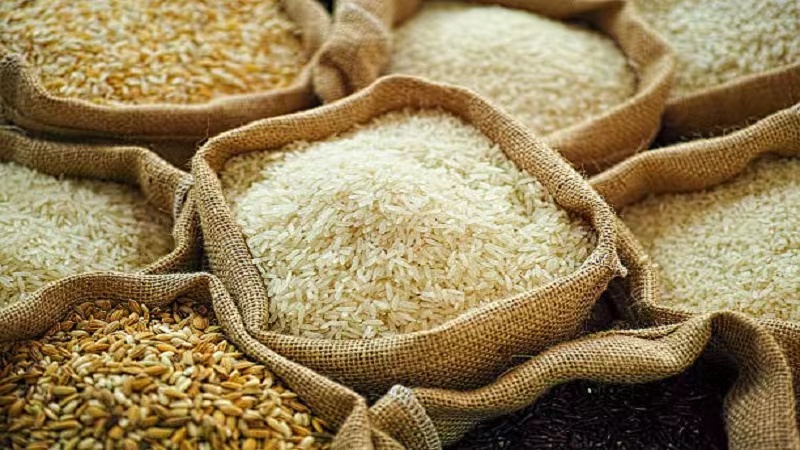A B2B webinar on the promotion of Pakistani rice to China was jointly held by the Consulate General of Pakistan in Shanghai, and the Pakistan Trade and Development Authority on June 21. Nawab Ali Rahoojo, Deputy Consul of the Consul General of Pakistan in Shanghai, moderated the session.
According to Chinese customs data, Pakistan’s exports of rice to China in 2021 and 2022 amounted to US$399 million and US$455 million, respectively. Pakistan’s export of broken rice to China has increased substantially, reaching US$48 million in 2019 and reaching US$243 million in 2022, aligning with the overall increase in the use of broken rice in China.
The Consul General, Mr.Hussain Haider, noted that Chinese rice is not only used for direct consumption but also for industrial production, such as making rice wine or rice noodles, and other value-added products, providing opportunities for Pakistani enterprises.
China’s high-end rice consumption market is expected to reach Rmb60 billion, which is close to US$9 billion by 2023. The Consul General is confident that Pakistani milled rice, especially Basmati, renowned in the world for its unique aroma and nutritional content, has huge potential to enter Shanghai and other Chinese metropolises.
The Consul General also welcomed Chinese companies to visit the upcoming 1st International Food and Agriculture Expo in Karachi in August to experience more Pakistani-friendly products on-site and interact with local and international buyers.
Twelve Pakistani vendors eligible to export rice to China presented themselves to twelve Chinese importers. They highlighted the popularity of Pakistani rice in the Chinese market by sharing their rich experience of working with Chinese companies to grow their existing business and explore new opportunities. Pakistani rice exporters, who faced challenges last year due to floods and uncertain natural disasters, are expected to significantly increase their exports this year.
In addition to traditional wholesale imports, Chinese companies have shown interest in the low-fat and high-fiber properties of Basmati rice, hoping to showcase Basmati at international health forums and expand the Chinese market in the high-end health segment through retail sales.





